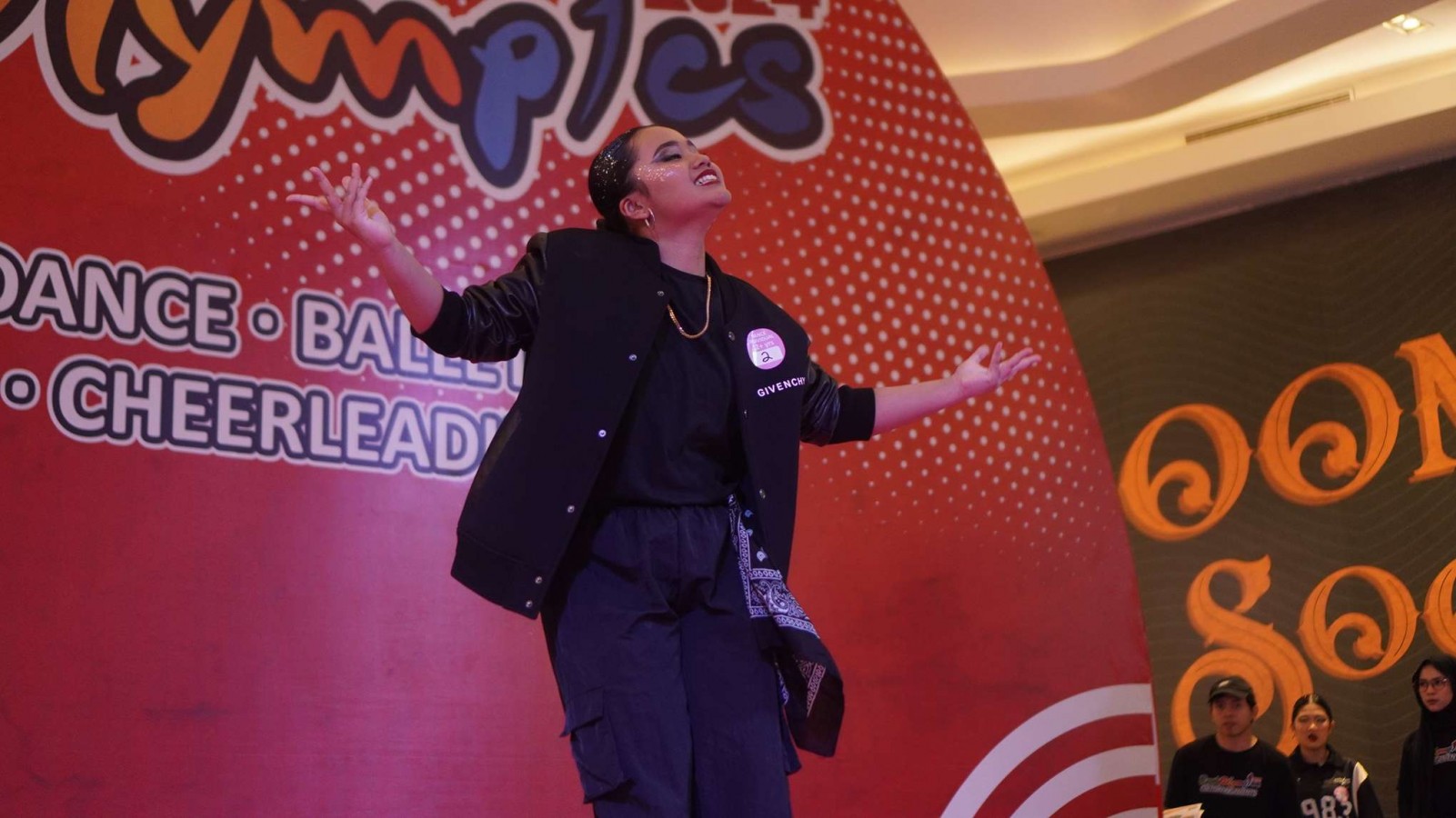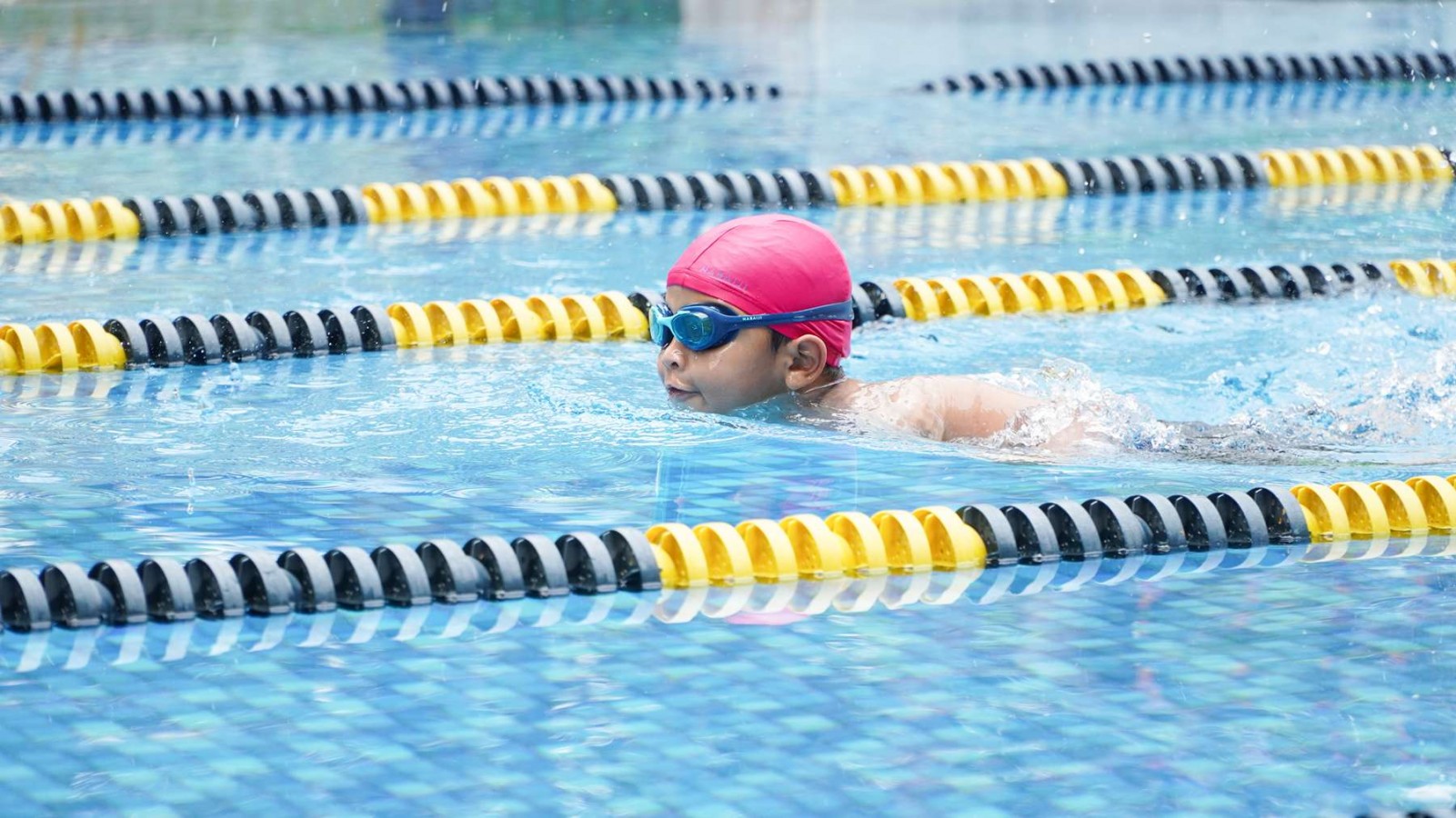10 Tips on How to Prepare for A Dance Audition

Preparing for a dance audition can be a thrilling yet daunting experience, filled with both excitement and nerves. As you step into the spotlight, the question on your mind might be, "How to prepare for a dance audition?"
This essential guide will not only help you navigate the preparation process but also empower you to showcase your dance with confidence. Let’s explore the ten invaluable tips that will set you up for success during dance auditions here!
10 Tips on How to Prepare for A Dance Audition
Here are ten tips to help you prepare effectively for your upcoming dance audition:
1. Understand the Requirements
Before you even lace up your dance shoes, it’s crucial to understand the specific requirements of the audition. This includes knowing the style of dance being auditioned for, whether it’s ballet, jazz, hip-hop, or contemporary.
Review any guidelines provided by the audition notice, which may outline the types of skills or routines you’ll be expected to perform. Understanding the expectations allows you to tailor your preparation and focus on the relevant skills.
If the audition requires a specific piece of choreography, ensure you learn it thoroughly ahead of time.
2. Choose the Right Attire
The right attire can boost your confidence and help you perform your best. Choose comfortable clothing that allows for full range of motion and is appropriate for the dance style.
For example, ballet auditions often call for leotards and tights, while hip-hop may require loose-fitting clothing. Avoid overly baggy clothes that can hide your movements. Also, ensure your shoes are suitable for the audition’s style, whether they’re ballet slippers, jazz shoes, or sneakers.
Consider wearing bright colors or something that makes you feel good, as this can positively influence your energy and performance.
3. Warm-Up Properly
A proper warm-up is essential to prevent injuries and prepare your body for dancing. Start with gentle stretches to increase flexibility and mobility, focusing on areas like your legs, hips, and back.
Gradually increase the intensity of your warm-up by incorporating movements specific to the style of dance you’ll be performing. This can include barre work for ballet dancers or basic hip-hop steps for street dancers.
You can try incorporating a mix of cardio (like jogging in place) and dynamic stretches (like leg swings) to ensure your muscles are fully activated.
4. Practice Your Routine
If you’re required to perform a solo or specific routine, practice is key. Break down the choreography into manageable sections and focus on mastering each part. Pay attention to the details, such as timing, dynamics, and facial expressions. Practicing in front of a mirror can help you see how you look and make necessary adjustments.
As a tip, you can record yourself performing the routine. Watching the playback can provide insight into your technique and areas that might need improvement.
5. Focus on Technique
Technical skills are often heavily scrutinized during auditions. Ensure you have a solid grasp of fundamental techniques related to the style of dance you’re auditioning for.
This could mean perfecting your turns, leaps, and footwork in ballet, or nailing your isolations and grooves in hip-hop. If you feel uncertain about any techniques, seek feedback from your dance teacher or peers.
You can also consider enrolling in a certain Private Instruction Program. This program offers highly personalized, skills-based training that focuses specifically on your individual needs and goals.
You will receive intensive, one-on-one training tailored just for you, along with valuable feedback and guidance from experienced instructors at any time. To track your progress, you'll also receive regular progress reports and videos documenting your training sessions.
Plus, you’ll be provided with weekly training exercises to complete at home, ensuring that you stay on track and continue to develop your skills between lessons. This personalized approach can significantly boost your confidence and performance as you prepare for that big audition!
6. Work on Performance Quality
Dance is not just about the steps; it’s also about performance quality. Audition panels look for dancers who can convey emotion and connect with the audience. Practice performing with intention, making eye contact, and expressing the mood of the music.
This can be practiced at home by imagining you’re in front of an audience and fully embodying the character or feeling of the piece.
Try to experiment with different facial expressions and body language to find what works best for the routine you’ll be performing.
7. Prepare for the Unexpected
Audition environments can be unpredictable, with changes to schedules, choreography, or even last-minute cuts. Stay flexible and ready to adapt to any changes. If you’re asked to learn something on the spot or adjust your performance, remain calm and collected.
Demonstrating composure in unpredictable situations can reflect positively on your professionalism. Mental preparation techniques, such as visualization or deep breathing exercises, can help you stay centered if things don’t go as planned.
8. Maintain Your Fitness
Keeping in shape is essential for any dancer, especially before an audition. Incorporate cross-training activities into your routine, such as strength training, yoga, or pilates, to improve overall fitness and flexibility. Eating a balanced diet rich in nutrients can also help maintain your energy levels leading up to the audition.
Remember to stay hydrated and get plenty of rest the night before the audition to ensure you’re feeling your best.
9. Network and Build Relationships
Auditions are also a chance to connect with fellow dancers, choreographers, and instructors. Building relationships within the dance community can open doors to future opportunities.
Take the time to chat with others in line or during breaks, and be friendly with the audition panel if the opportunity arises. Networking can be just as important as your performance.
As a tip, bring your contact information in case you meet someone who might be interested in staying in touch.
10. Believe in Yourself
Confidence can make a significant difference in your audition performance. Self-doubt can negatively impact your dance, so focus on your strengths and accomplishments. Remind yourself of the hard work you’ve put into preparing for this audition.
Positive affirmations can help boost your confidence; practice saying things like, “I am a strong dancer,” or “I am prepared for this moment.”
Ready to Participate in Dance Audition?
As you gear up for your dance audition, remember that every dancer’s journey is unique, and it’s perfectly okay to seek a little extra help along the way. If you’re still feeling unsure about your dance skills but are eager to participate in an audition, consider enrolling in the dance program at Rockstar Academy—the best Sports & Performing Arts Academy around!
Here, we offer a variety of physical activity programs designed to elevate your dance journey. Our dance curriculum is specifically tailored to help students prepare for exciting events like Dance Recitals, RockOlympics, and Elite Championships.
We're committed to guiding our dance students toward higher levels of achievement while building discipline, fostering good sportsmanship, and teaching how to gracefully handle both winning and losing.
Plus, we offer a free trial class for anyone interested in trying it out! So, if you’re ready to take your dance skills to the next level and have a blast doing it, don’t hesitate to reach out to Rockstar Academy today! Let’s dance your way to success!
FAQ
What should I do if I feel nervous before the audition?
It’s completely normal to feel nervous! Consider practicing some deep breathing exercises or visualization techniques. Focus on your preparation and remember that everyone in the audition room has been in your shoes.
How should I handle feedback from the audition panel?
Feedback is an opportunity for growth. Listen carefully and take notes if possible. Use any constructive criticism to improve your future performances.
What if I forget my routine during the audition?
If you forget a part of your routine, try to stay calm. Breathe and do your best to pick up where you left off. If necessary, you can improvise or create new steps to keep the flow going.



